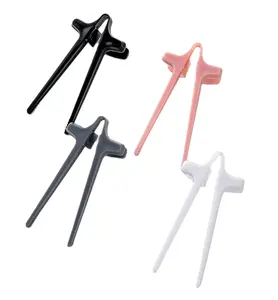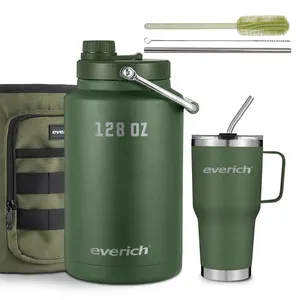Popular in your industry


































































Related Searches:































































































































Top categories
About dn300 basket strainer
Introduction to DN300 Basket Strainers
Basket strainers are essential components in various industrial filtration systems, and the DN300 basket strainer is a specific category that caters to a broad spectrum of filtering applications. Designed to protect equipment by trapping debris, these strainers are pivotal in maintaining the integrity of the system.
Types and Materials
The DN300 basket strainer comes in diverse types, each tailored for different scenarios and fluids. Materials range from durable carbon steel to stainless steel, chosen for their corrosion resistance and strength. The selection of material is critical, as it must align with the specific requirements of the fluid being filtered.
Applications and Features
Industrial basket strainers like the DN300 are utilized in sectors from petrochemical to water treatment. They feature a design that allows for easy maintenance and cleaning, ensuring minimal downtime. The large surface area of the DN300 size optimizes the filtration process, handling substantial flow rates while maintaining efficiency.
Advantages of Using DN300 Basket Strainers
Employing a DN300 strainer in your system comes with numerous advantages. Their robust construction ensures longevity, while their design aids in the seamless operation of industrial systems. The versatility of these strainers allows them to be integrated into various environments, making them a reliable choice for filtration needs.
Selection Considerations
When selecting a DN300 basket strainer, it is crucial to consider the specific needs of your application. Factors such as the type of fluid, pressure requirements, and the nature of contaminants should guide your choice. It is also important to ensure compatibility with existing piping and equipment.
Maintenance and Sustainability
Maintenance of a DN300 filter strainer is straightforward, contributing to its sustainability. Regular cleaning and inspection can prevent system failures and extend the service life of both the strainer and the equipment it protects. This proactive approach to maintenance is not only cost-effective but also environmentally responsible.




















































